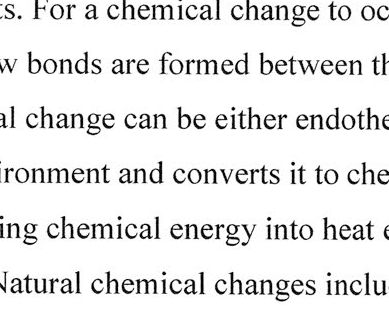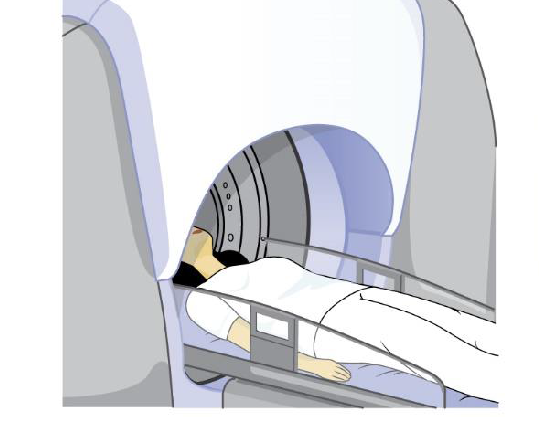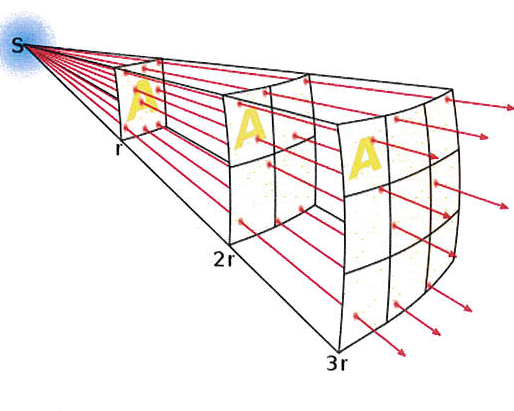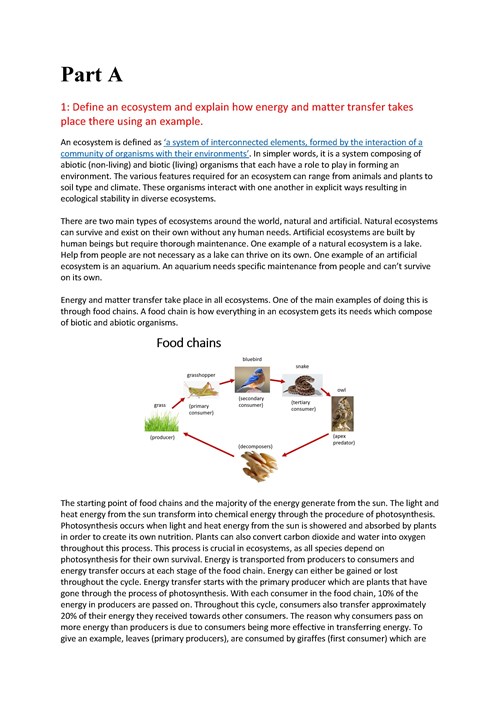Travel advice
Summary of task
As part of their teaching and learning unit on biological sciences, students investigated how living organisms maintain the requirements for life through the coordinated function of body systems, such as the respiratory, circulatory, digestive, nervous and excretory systems. Students then focused in more detail on the human immune system and researched how the body responds to changes that occur as a result of the presence of a pathogenic micro-organism.
This work sample consists of two related tasks. In the first task, students were asked to imagine they were a General Practitioner specialising in travel medicine who has been asked to provide advice for a group of students planning an extended stay in Cambodia. They were asked to record a speech, podcast or video informing the prospective travellers about the various types of diseases they are likely to encounter on such a trip. Choosing a minimum of two examples, students were asked to explain how each disease is transmitted, what its main symptoms and possible long-term effects are, and how it can be treated. They were asked to provide advice about how to minimise the risk of contracting the disease and information about the impact of each disease on Cambodia’s society. In addition to the recording, students were asked to submit a transcript of their recording and an annotated bibliography.
The second task formed part of the final summative assessment of the unit. Students were asked to respond to questions relating to the concepts studied in the unit under formal exam conditions. The work sample shows selected questions from this assessment.














